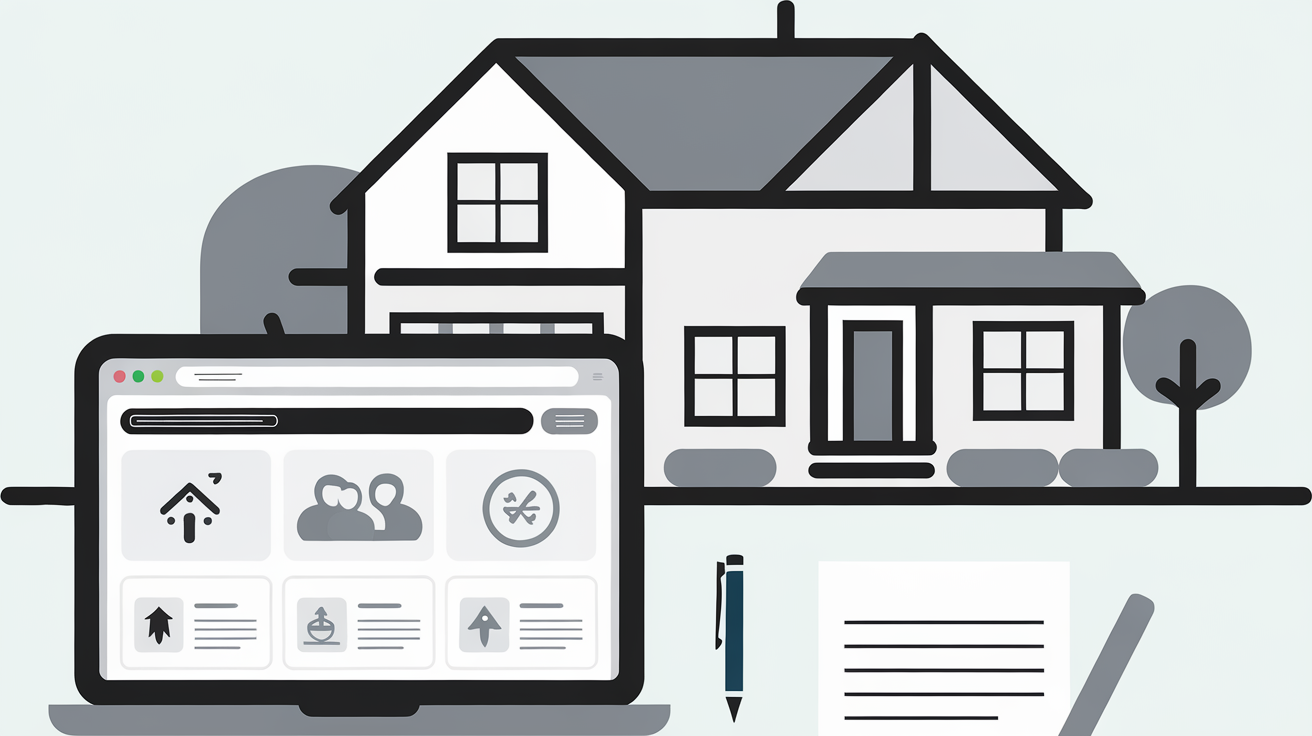Understanding the MOVEit Data Breach and How to Protect Yourself
In today’s digital age, data breaches have become an unfortunate reality for many U.S. businesses and consumers. According to a study by Experian and the Ponemon Institute, nearly half of the organizations surveyed experienced a ransomware attack in 2021, with the average ransom paid exceeding half a million dollars. One such significant breach is the MOVEit data breach, which has impacted thousands of companies and millions of individuals. In this blog, we will delve into the details of the MOVEit data breach, its implications, and how you can protect yourself.
What is the MOVEit Data Breach?
MOVEit is a file transfer program owned by Progress Software, widely used by various organizations in both the public and private sectors to move sensitive personal data. This includes financial services companies, government agencies, pension funds, and more. In May 2023, a hacker group known as CL0P gained access to MOVEit, leading to a massive data breach. According to Reuters, this breach has affected tens of millions of people.
Michael Bruemmer, the Head of Global Data Breach Resolution at Experian, explains, “The MOVEit breach highlights a particular vulnerability, in which bad actors can obtain data from multiple companies all in one hack. The consumers are innocent parties to this type of breach, which only emphasizes the need for individuals to be vigilant with their own data.”
The breach involved malware infiltrating MOVEit Transfer web apps, stealing sensitive information from databases. CL0P has sent ransom notes to upper-level executives at the affected companies, threatening to publish the stolen data if the ransom is not paid.
Who is Impacted by the MOVEit Data Breach?
The full extent of the MOVEit data breach is still unfolding, and it will take time to determine the total number of victims and the long-term effects on consumers whose information was compromised. So far, the breach has affected state and federal agencies, pension funds, drivers in Louisiana and Oregon, financial services firms, nonprofit organizations, and more.
The New York Times reports that several other government agencies may have purchased the software, but it is not yet clear if they used it or were affected by the hack.
How Can You Boost Your Defenses?
If you receive notification that your personal information has been compromised, it is crucial to take immediate action. Here are some steps you can take to protect yourself:
Freeze Your Credit
You have the right to freeze your credit, which limits companies from accessing your credit report. This can help prevent identity thieves from opening accounts in your name. If you need to apply for credit, you will have to “thaw” your credit file first. Experian CreditLock, included with Experian CreditWorksSM Premium, provides an easy way to lock and unlock your credit file.
Change Important Passwords and Login Information
Use a free password manager to create strong, unique passwords that are difficult to crack. Additionally, enable multifactor authentication for an added layer of security.
Initiate a Fraud Alert
You can request a fraud alert with the national credit bureaus (Experian, TransUnion, and Equifax), which makes it harder for fraudsters to open a credit account in your name. Once you alert one of the bureaus, a fraud alert will be placed on all three of your credit reports. If a lender tries to process a new credit application using your information, they will be instructed to verify the applicant’s identity before approving it. Fraud alerts last one year, but you can extend them to seven years.
Monitor Your Accounts and Credit
Regularly check your bank accounts and credit cards for any unfamiliar activity. If you receive bills in your name that are not yours, contact the lender immediately to dispute them. You can check your credit report for free with Experian.
Protect Your Identity
Experian IdentityWorksSM Premium and Family plans include identity theft monitoring and dark web surveillance. You will have access to CreditLock and will be notified of changes made to your credit reports with all three credit bureaus. If someone applies for credit in your name, you will be the first to know.
The Bottom Line
Safeguarding your credit is always important, but it becomes even more critical if your information has been involved in a data breach. The MOVEit data breach is still playing out, so it is essential to pay attention to any notifications that your data may have been compromised. In the meantime, free credit monitoring with Experian can help you detect potential identity fraud.
At O1ne Mortgage, we understand the importance of protecting your personal information. If you have any questions or need assistance with your mortgage services, please do not hesitate to call us at 213-732-3074. Our team of experts is here to help you navigate through these challenging times and ensure your financial security.

